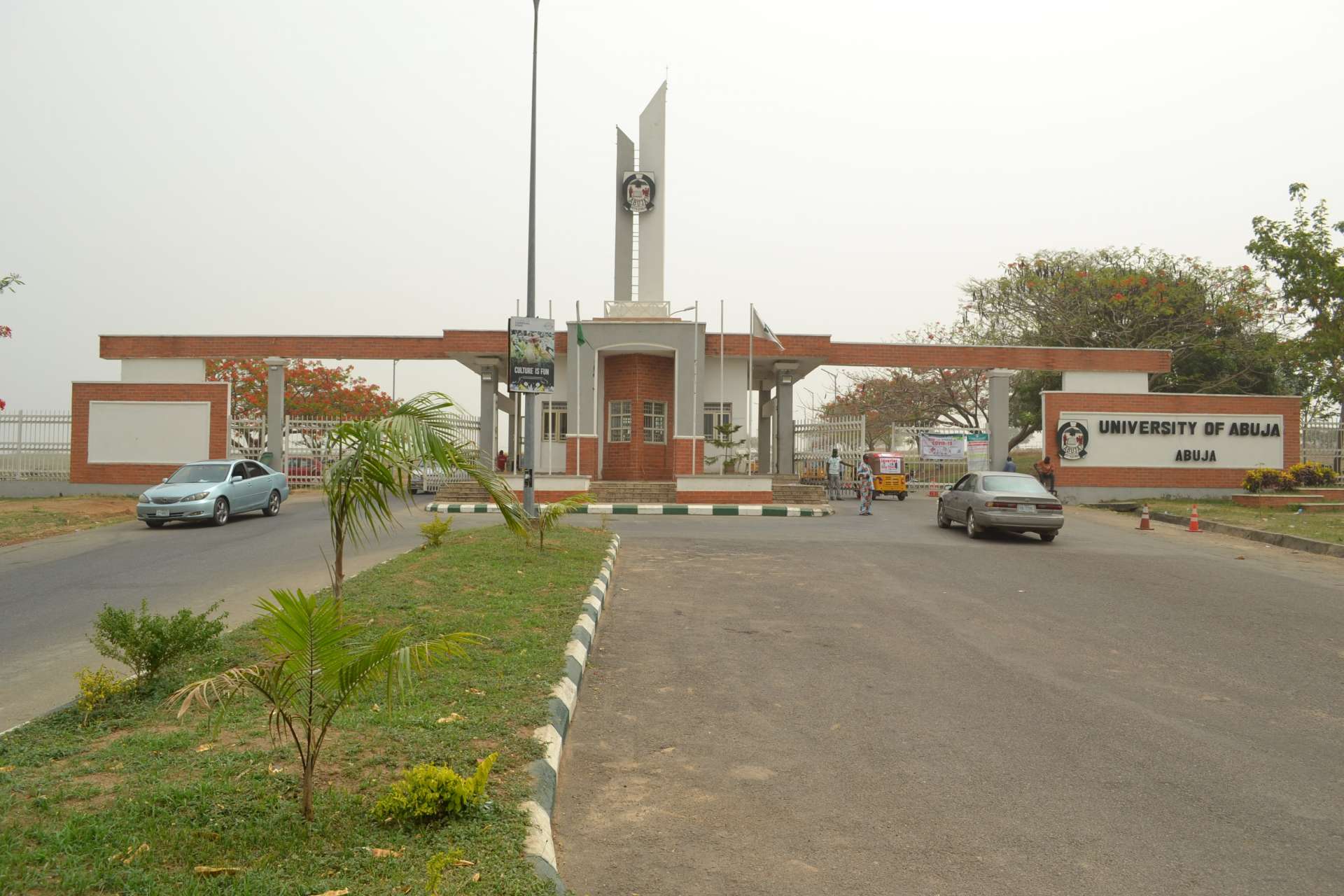NAFDAC DG urges pharma-academic partnership for local drug, vaccine production


The head of the National Agency for Food and Drug Administration and Control (NAFDAC), Prof. Mojisola Adeyeye, has appealed to Nigerian pharmaceutical companies and academic institutions to work together in creating new drugs and vaccines.
In a Sunday statement, Prof. Adeyeye described President Bola Tinubu’s recent decision to prohibit the import of easily available products as a critical step for fostering the domestic pharmaceutical sector.
She highlighted the need for collaboration between universities and the pharmaceutical industry in the field of Research and Development (R&D), stating that such cooperation is vital for meeting Nigeria’s unique healthcare demands and cutting down on foreign medical imports.
Prof. Adeyeye discussed these points while delivering a lecture titled “Industry, Regulatory, and Academia: The Future of Pharmaceutical Research and Development in Nigeria is Now,” during the 38th Prof. Victor Olufemi Marquis Memorial Lecture.
The event took place at the Faculty of Pharmacy, Obafemi Awolowo University (OAU), located in Ile-Ife, Osun State.
She emphasized that universities are ideally suited for skill-building and for transferring knowledge and technology to industrial sectors.
“Universities are a hub for creating new enterprises, and their roles in knowledge and technology innovation tend to become more diverse.
“Strong academia-industry linkages are essential for national development, as they provide a structured platform for joint planning and implementation of initiatives that benefit both sectors,” she stressed.
She mentioned that NAFDAC is already collaborating with numerous universities throughout Nigeria, and noted that these partnerships not only back research efforts but also allow students to gain real-world experience in both manufacturing and service industries.
Highlighting the significance of cooperation between academia and industry, Prof. Adeyeye pointed out that such efforts are crucial to economic development, as they enhance competitiveness, support the creation of new products, generate employment, and raise general living standards.
She said that as industrial and economic activities expand, issues like joblessness will decrease, the country’s Gross Domestic Product (GDP) will improve, and quality of life will get better.
She also referenced the noticeable expansion of Nigeria’s pharmaceutical industry over the past seven years, crediting the increase to higher healthcare demands and favorable government initiatives, especially the executive order signed by President Bola Tinubu in 2024.
Drawing from a recent NAFDAC report, Prof. Adeyeye stated that many of the pharmaceutical items frequently imported into Nigeria are currently being manufactured within the country.
This insight prompted the launch of the “Five Plus Five” Regulatory Directive, designed to enhance local production by curbing the importation of select products.
“About 30% of new or re-built local manufacturing companies in Nigeria now are a result of the “Five Plus Five” Regulatory Directive,” she noted.
She reiterated that NAFDAC is laying the groundwork for pharmaceutical R&D in Nigeria, tapping into the country’s vast potential, and underlined that global patterns now favour homegrown innovations for achieving health independence.
She insisted that it is important to take pride in Nigerian-made products, stating “our products are now of better quality than what they used to be because of the regulatory system strengthening.”
‘‘NAFDAC’s role is pivotal in enabling this transformation, and the time to build a robust R&D system for a healthier Nigeria is now,’’ she stated.
Prof. Adeyeye also listed important areas for collaboration between the pharmaceutical sector and universities.
She stressed the need for academic institutions to engage with the industry in clinical research and bioequivalence trials, especially concerning patient participation, trial management, and ethics approval processes.
She also encouraged universities to work together with the industry to develop local vaccines targeting diseases prevalent in the West African region, such as Lassa fever.
Another collaboration route mentioned by Prof. Adeyeye includes vaccine manufacturing, particularly through the use of technology transfer and local ‘fill and finish’ production processes.
She emphasized the many possibilities for teaming up with universities in vaccine development and underscored that acquiring the necessary expertise is only possible through creative and strategic academic-industrial partnerships.
Prof. Adeyeye further emphasized the key role of R&D in advancing Nigeria’s healthcare, stating that it is necessary for increasing the country’s pharmaceutical output, lessening reliance on imports, creating jobs, and delivering better health services.
She concluded that R&D will also help reduce disease levels, improve drug availability, and advance precision medicine and treatment alternatives.









